
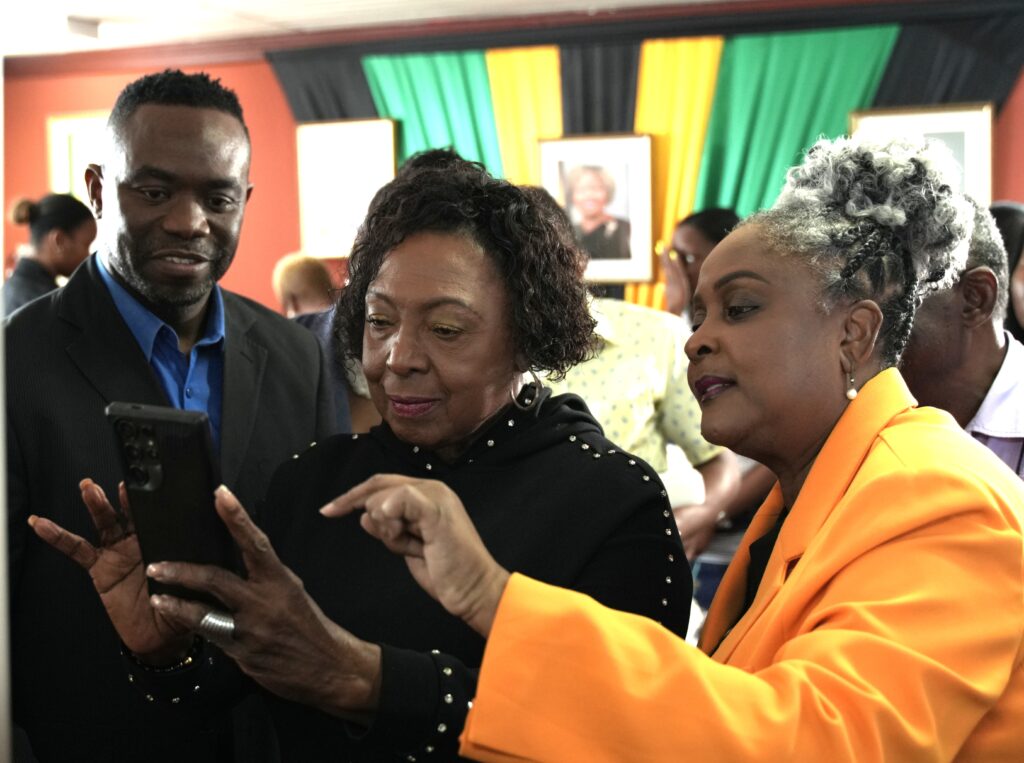
The State-owned Public Broadcasting Corporation of Jamaica (PBCJ) has opened the country’s first broadcast history museum, with the integration of a ground-breaking QR code project.
The innovative initiative uses technology to transform and elevate its physical broadcast history
exhibition, opened in November 2024 to celebrate World Audiovisual Heritage Day, into an
engaging digital experience.
Artefacts celebrate radio and television stalwarts, popular and unsung heroes, presenters and production personnel, as well as important events in PBCJ’s broadcast and national history. It also chronicles the progression of technology from analogue to digital.
The QR Code Project, a brainchild of programmes manager and curator Carol Francis, aligns with
the PBCJ’s mandate of digitisation, and she emphasised, “It is more than just a digital transformation; it is a celebration of our rich broadcasting history. By showcasing the breadth of talent that has contributed to our nation’s broadcasting legacy, we honour the collective memory of our industry and key players.”
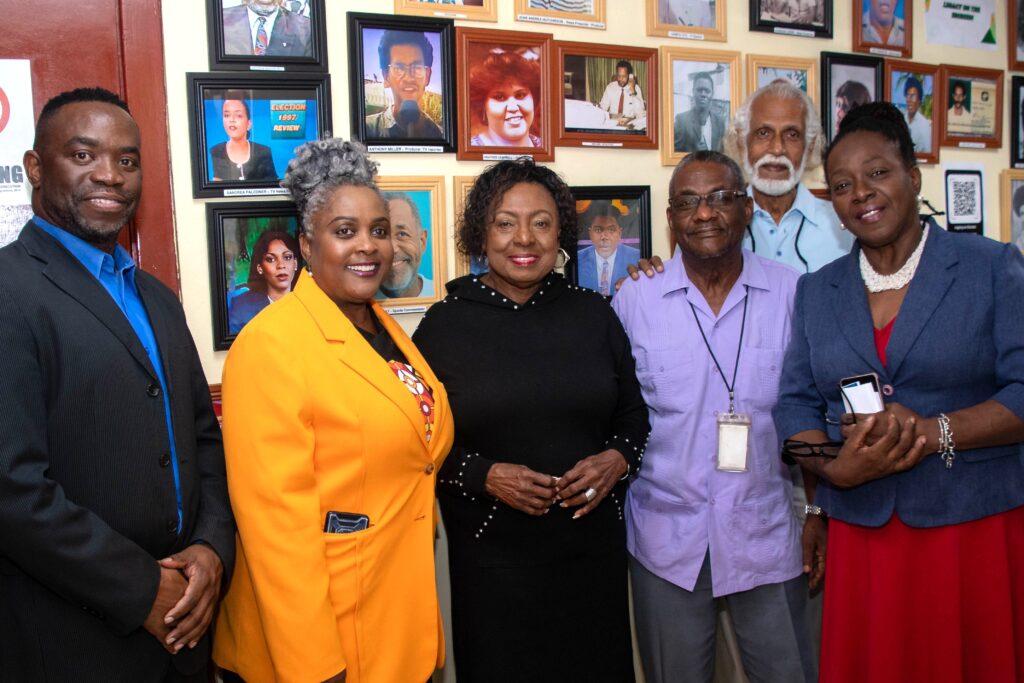
With a simple scan of a QR code with a smart phone or any similar device visitors will be taken to a
dynamic webpage filled with narrative, images, videos and audio clips, celebrating the pioneers and stalwarts who helped define Jamaican broadcasting – specifically those who shaped the Jamaica Broadcasting Corporation (JBC).
The project is particularly noteworthy, according to the PBCJ, as it houses complete records of television broadcasting personnel available in one location. It is comprehensive and ensures that the contribution to Jamaica’s vibrant media landscape by individuals employed to the JBC, is recognised, celebrated and preserved for posterity.
Keith Campbell, outgoing chief executive of the PBCJ, said the QR Code Project and the broadcast museum speak volumes about the corporation’s dedication to digitisation, and augur well for the preservation of national broadcast history.
”By digitising these exhibitions, we allow our stories to reach global audiences that are encouraged to engage with the rich legacy of Jamaican media.”
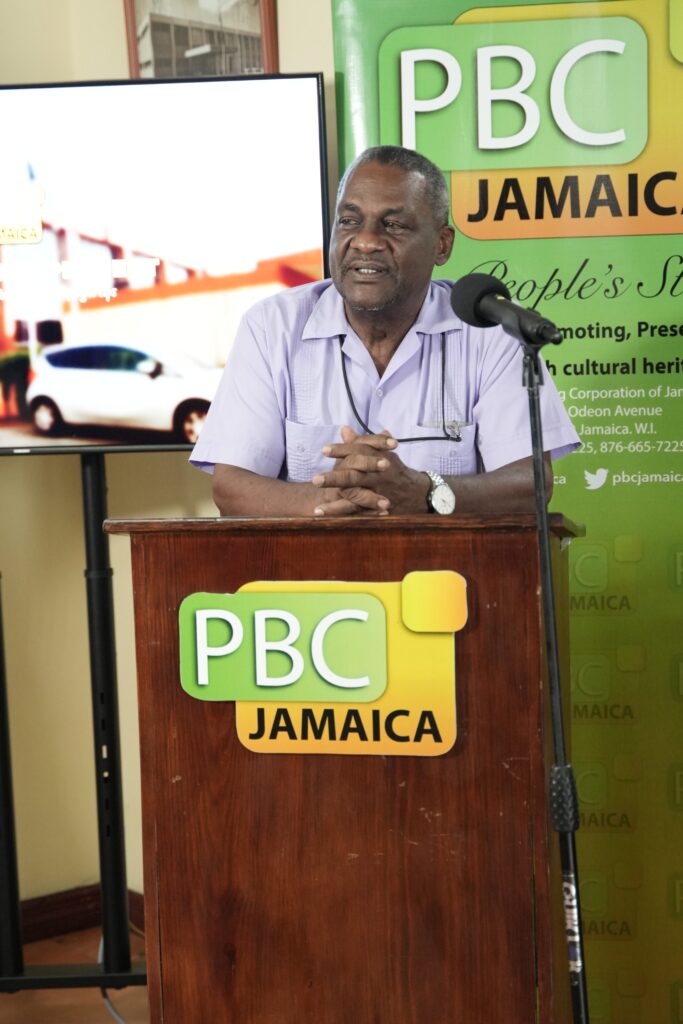
“The QR Code Project is essential in promoting accessibility and provides an inclusive platform where individuals, regardless of physical capabilities or geographic locations, can explore one aspect of Jamaica’s television and radio broadcasting history. The seamless integration of technology not only enriches the visitor experience but plays a critical role in the preservation of Jamaica’s broadcast history and elevating it on a global stage.”
Addressing the small gathering, Minister of Culture Olivia Grange praised the PBCJ for setting a benchmark and said, “The transformation of the physical exhibition into a digital exhibition ensures that the vital history and culture are preserved for future generations.”

Grange inaugurated the broadcast museum by ceremonially scanning the first QR code.
The minister, who has had a long association with the JBC, identified most of the broadcasting stalwarts whose photos were on display, and regaled the audience with stories of many with whom she worked.

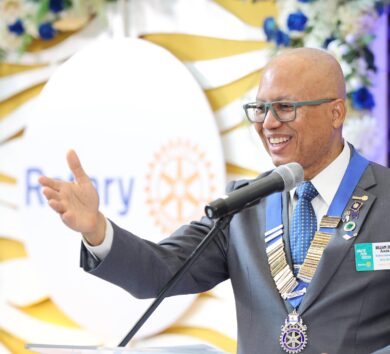
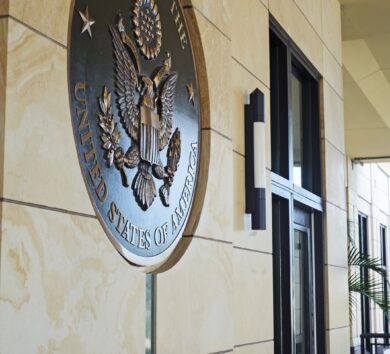

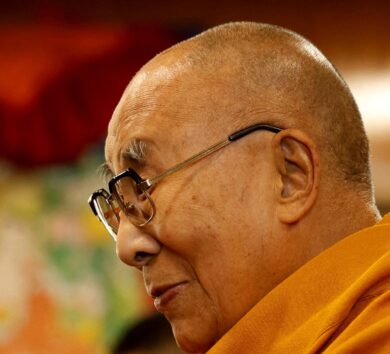


Comments